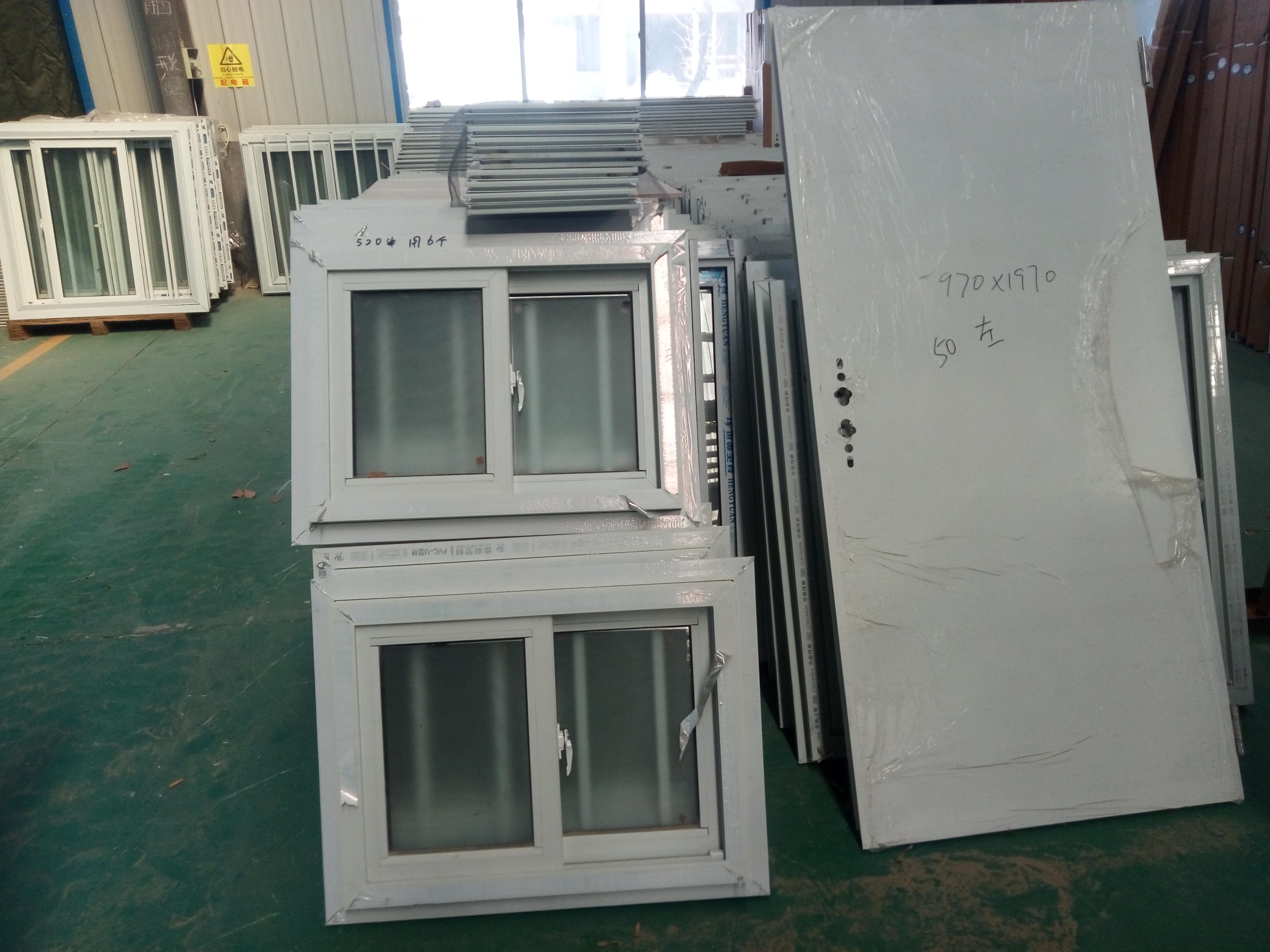Inhoudsopgave
Safety Measures for Industrial Mining Structures
Steel structures are a common sight in industrial mining operations, providing the framework for various facilities such as processing plants, storage facilities, and equipment support structures. These structures play a crucial role in ensuring the smooth and efficient operation of mining activities. However, the safety of these structures is of paramount importance, as any failure can have catastrophic consequences for both personnel and equipment.
One of the key safety considerations for steel structures in mining is ensuring that they are designed and constructed to withstand the harsh conditions that they will be subjected to. Mining operations often take place in remote and challenging environments, where factors such as extreme weather, seismic activity, and heavy machinery can put significant stress on structures. As such, it is essential that steel structures are designed with these factors in mind, using materials and construction techniques that can withstand these challenges.
In addition to the design and construction of steel structures, regular maintenance and inspection are also crucial for ensuring their safety. Over time, wear and tear, corrosion, and other factors can weaken the structural integrity of steel structures, making them more susceptible to failure. Regular inspections can help identify any potential issues before they become serious problems, allowing for timely repairs and maintenance to be carried out.
Another important aspect of safety for steel structures in mining is ensuring that they are properly anchored and supported. The dynamic nature of mining operations, with heavy machinery moving around and loads being transported, can put significant stress on structures. Proper anchoring and support systems are essential for ensuring that steel structures can withstand these loads and remain stable and secure.
Furthermore, fire safety is a critical consideration for steel structures in mining. The presence of flammable materials, such as fuels and lubricants, in mining operations means that the risk of fire is always present. Steel structures should be designed and constructed with fire-resistant materials and features, such as fireproof coatings and insulation, to help prevent the spread of fire and protect personnel and equipment.

In conclusion, safety is a top priority when it comes to steel structures in industrial mining. Designing and constructing these structures to withstand the harsh conditions of mining operations, regular maintenance and inspection, proper anchoring and support, and fire safety measures are all essential for ensuring the safety of personnel and equipment. By following these safety guidelines, mining companies can help prevent accidents and ensure the smooth and efficient operation of their facilities.
Advantages of Steel Structures in Mining Operations
Steel structures have become an integral part of modern industrial mining operations due to their numerous advantages. From safety to durability, steel structures offer a range of benefits that make them the preferred choice for mine construction. In this article, we will explore the advantages of steel structures in mining operations and how they contribute to a safer and more efficient working environment.
One of the key advantages of steel structures in mining operations is their strength and durability. Steel is known for its high tensile strength, which makes it ideal for supporting heavy loads and withstanding harsh environmental conditions. This strength allows steel structures to withstand the extreme forces and vibrations that are common in mining operations, ensuring the safety of workers and equipment.
In addition to their strength, steel structures are also highly resistant to corrosion and rust. This is particularly important in mining operations, where exposure to moisture, chemicals, and other corrosive substances is common. Steel structures require minimal maintenance and have a long lifespan, reducing the need for costly repairs and replacements.
Another advantage of steel structures in mining operations is their versatility and flexibility. Steel can be easily fabricated into a wide range of shapes and sizes, allowing for customized designs that meet the specific needs of each mining operation. This flexibility also makes it easier to modify and expand steel structures as needed, providing a cost-effective solution for changing operational requirements.
Steel structures are also lightweight compared to other construction materials, making them easier and more cost-effective to transport and install. This can be particularly beneficial in remote mining locations where access to heavy machinery and equipment may be limited. The lightweight nature of steel structures also reduces the load on the foundation, minimizing the risk of settlement and ensuring the stability of the structure.
Furthermore, steel structures are fire-resistant, which is crucial in mining operations where the risk of fires is high due to the presence of flammable materials and equipment. Steel does not burn or contribute to the spread of fires, providing an added layer of safety for workers and assets in the event of a fire.
In conclusion, steel structures offer a range of advantages that make them the ideal choice for mining operations. From their strength and durability to their resistance to corrosion and fire, steel structures provide a safe and efficient framework for industrial mining. Their versatility, flexibility, and cost-effectiveness further enhance their appeal, making them a popular choice for mining companies around the world. By investing in steel structures, mining operations can ensure the safety of their workers and equipment while maximizing productivity and efficiency.

